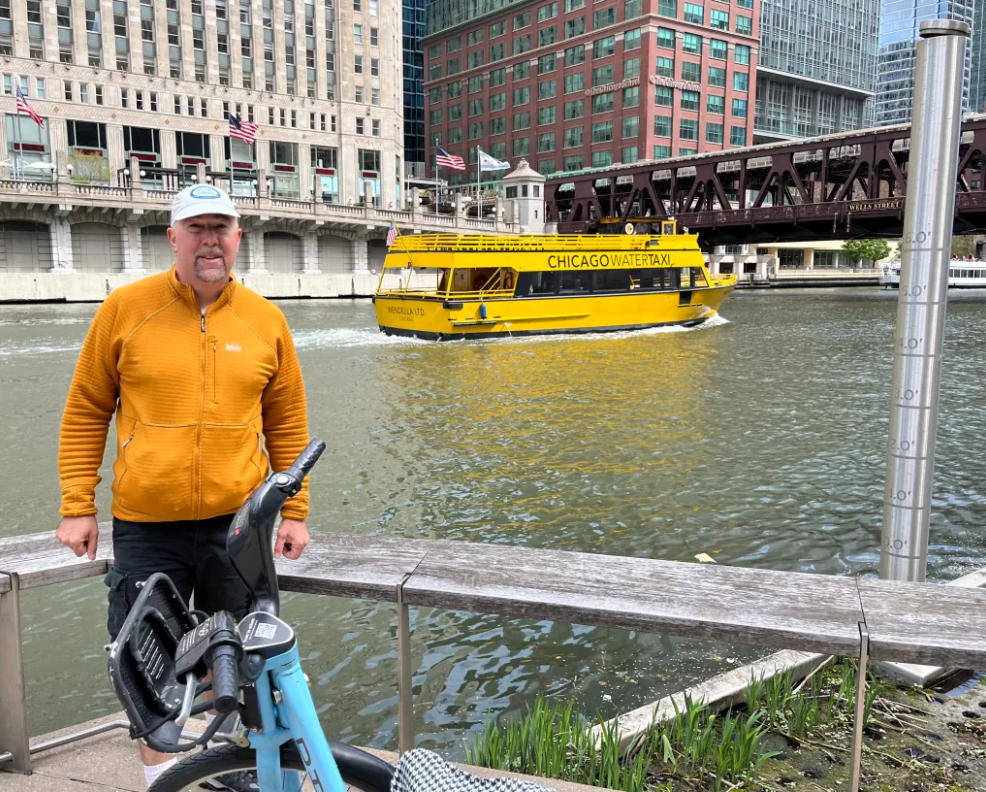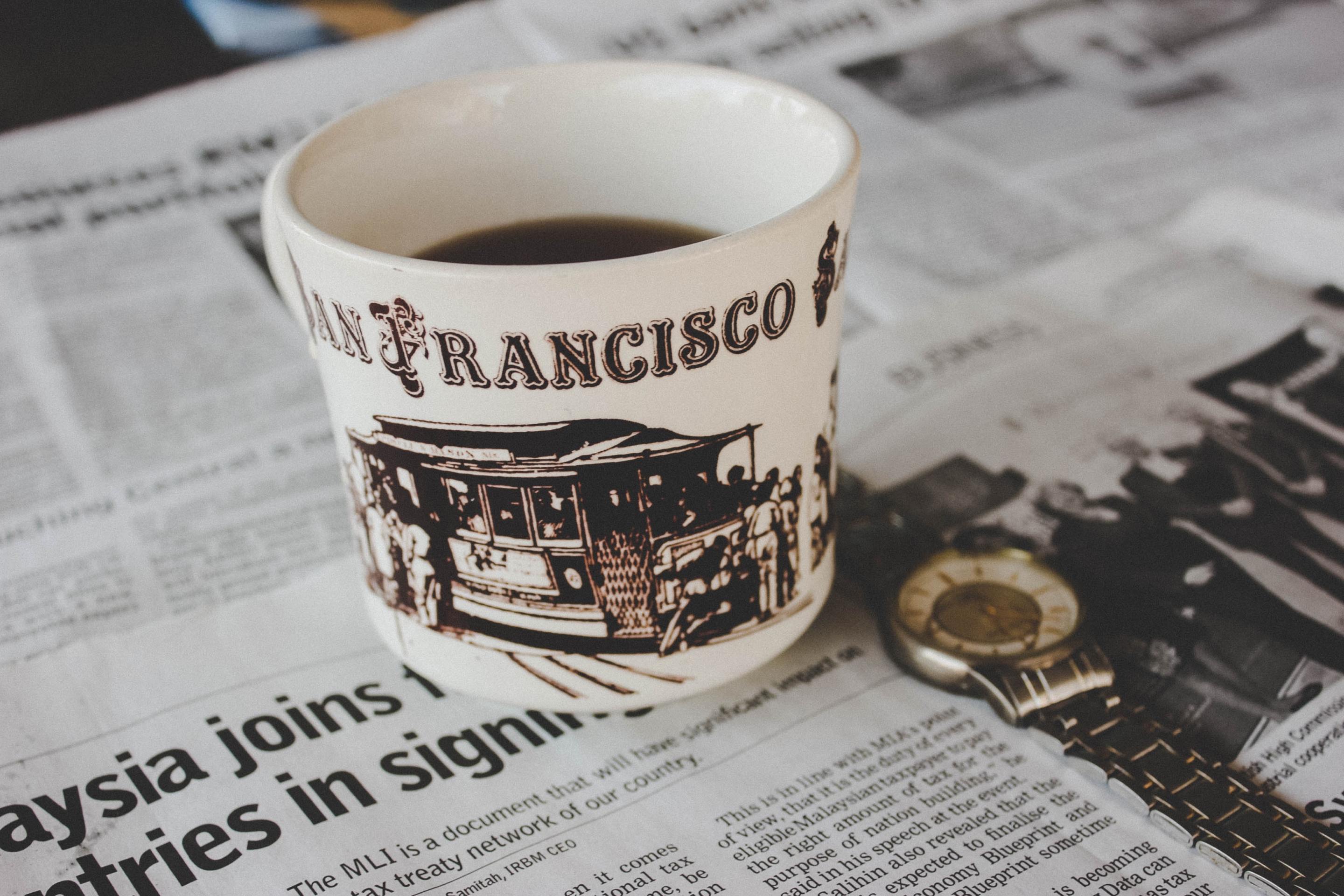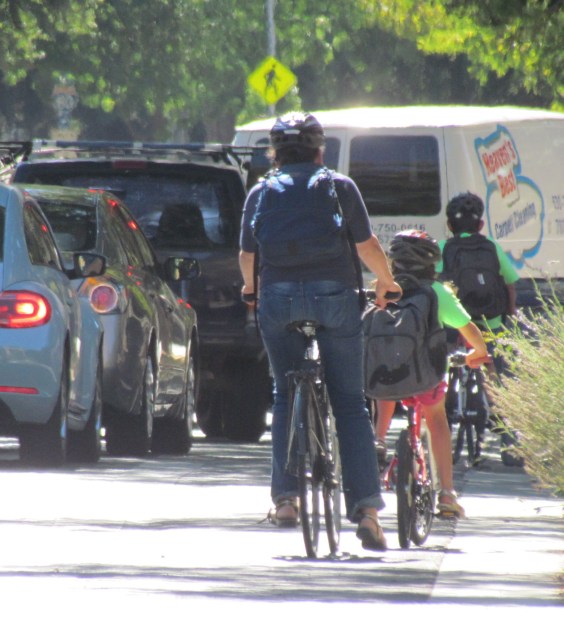The Impending Failure of San Francisco’s Pilot Bike Share Program
11:30 AM PST on January 29, 2009
 Which will San Francisco's bike-share program resemble?
Which will San Francisco's bike-share program resemble?Lest it appear that Streetsblog doesn’t support bike-sharing in San Francisco, I should say from the outset that I love the successful bike-sharing programs that I’ve used, believe they are one of the more innovative new transit models available, and know that San Francisco is ripe for the roll-out of a large-scale program of its own. But I am also among the large majority of Americans that Republican Pollster Frank Luntz found support infrastructure improvements and believe getting the job done right is more important than ribbon cutting and shovel readying.
Consider that a bicycle sharing program’s greatest assets are ubiquity and ease of use. In Paris, Velib started with 10,000 bicycles at 750 stations, shortly thereafter jumped to 20,000 bicycles at 1450 stations, and is poised to add an additional 3,300 bikes at 300 new stations in the Parisian suburbs. The city of Paris keeps all the revenue from the small annual fees for membership to the program and daily use fees paid by tourists and those who don’t join annually and the advertising firm JC Decaux operates the system and pays out an additional $4.3 million.
When I rode Velib for the first time in Paris shortly after its launch in 2007, the system was intuitive and the bicycle stations were everywhere (approximately 300 meters between each). As a tourist with minimal French, I had no problem activating the system with my credit card and pedaling my way through the lovely streets of that fair city. Over the course of three days I never went underground, never took a taxi and got some good exercise in the process.
My hopes were high when Mayor Newsom announced that San Francisco would
join the nearly 100 cities around the world that have started bike
sharing. But now they are dashed.
How grand a system will San Francisco have? 50 bikes. To the tune of $1 million for start up and $500,000 annually for upkeep!
The Mayor made his announcement, from the heart of Paris no less, that San Francisco is in negotiations with Clear Channel to roll-out a mere 50 bicycles at five racks in the downtown area.
Do you hear my teeth gnashing?
When Washington DC debuted their system last year with 120 bikes, their department of transportation immediately regretted that they had not added many more. As Alice Kelly of the District DOT said to Streetfilms when they interviewed her, "Knowing what we know now, we would've launched it bigger."
Mayor Newsom has been accused of press-releasing and grandstanding before, but this has to be among his most exquisite offerings. He’s embracing a transit trend that all “green” mayors must, but he’s implementing it in such paltry fashion that at best it will be inconsequential at replacing short car trips with bike trips; at worst it will create a bunch more enemies of bicycles in a city that already boasts its fair share.
Correct me if I’m wrong, but I believe the last time San Francisco failed its due diligence on a bicycle project, a court slapped the city with an onerous injunction that generated no bicycle projects for three years.
The SFBC is being political and not taking a hard stand on the program, as indicated by Leah Shahum’s statement:
Given that half of all trips are two miles or less, this bike share program -- along with completing the citywide Bike Network -- are ideal ways to help more people make more trips by bikes. While we do support the Mayor's pilot bike share program, we have reservations about how such a small-scale program can prove itself properly. Plans to create a dense, citywide Bike Share program should not rest solely on the workings of this small-scale pilot program.
MTA spokesman Judson True attempted to mollify my skepticism by arguing that the $1 million price tag would be paid by Clear Channel, or another bidder should they exercise their right to first-refusal, and that the announcement was only the beginning, that the low numbers were in part due to the injunction.
“We will not be satisfied by 50 bikes in a city where interest in bicycling is skyrocketing. Our goal is to have thousands,” he said.
Still, I have to wonder how this program meets any transit effectiveness criteria, especially at a time when the MTA is projecting a shortfall of $100 million over the next 18 months (PDF). With a state budget in freefall and funding in limbo for big-ticket projects like the Central Subway and TEP, the last thing the MTA needs is for window dressing to add to the cannibalization of vital system operations.
If the Mayor is serious about his commitment to increasing the number of trips that are taken on bicycles, to reducing vehicle miles traveled, to improving the health of San Franciscans, he should marshal his forces for the looming battle over the top 60 projects in the Bicycle Plan when the injunction is lifted. Stripe lanes, install racks, be innovative with bike boxes, colored lanes, and protected rights-of-way.
Then, when there is money and political capital to spend on a bike-share program and the city is in a position to capitalize on the transit benefits of bike share, let’s talk about rolling out a fleet of thousands of new bicycles.
Flickr photo: manrocker
Stay in touch
Sign up for our free newsletter
More from Streetsblog San Francisco
Streetsblog SF editor Roger Rudick offers constructive criticism of Chicago’s downtown bike network
"There were blocks that felt very safe and very secure," he said. "But then you're immediately – voom! – disgorged into three lanes of moving traffic with no protection."
Commentary: There is Zero Ambiguity to the West Portal Tragedy
What happened in West Portal was entirely predictable and preventable. The city must now close Ulloa to through traffic and make sure it can never happen again




